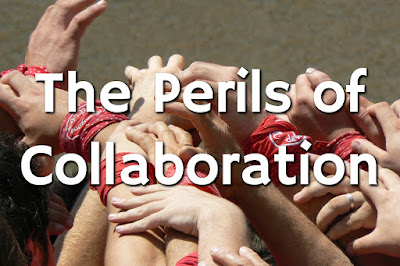Sleep Smarter Book Review

When I last posted here, it was to share my 2017 reading plan and list. Things have been quiet since then as I've been dealing with other, higher priority items in my life. The good news is, even though I wasn't posting, I was reading and making progress on the reading list. I'm still just a bit behind schedule, but catching up fast - partly thanks to the first book on the reading list. That first book was Sleep Smarter and this is my brief review of it.





